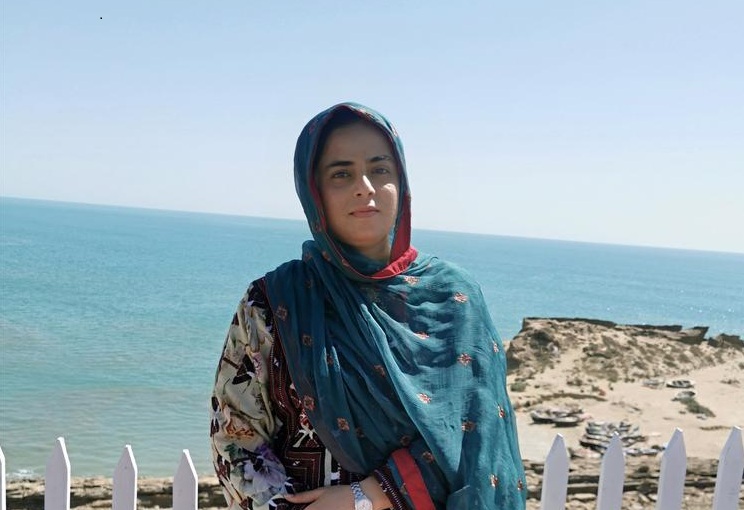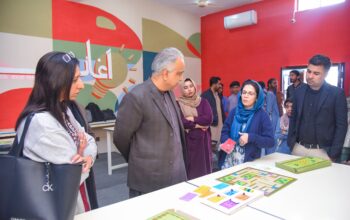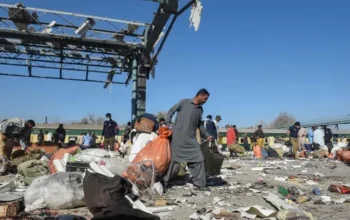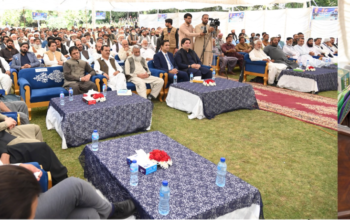by web desk
Earlier Ayesha Zehri was posted as Assistant commissioner Much and was lauded by Prime Minister Shahbaz Sharif for her heroic role in the recent flesh floods in the area of Much in Balochistan.
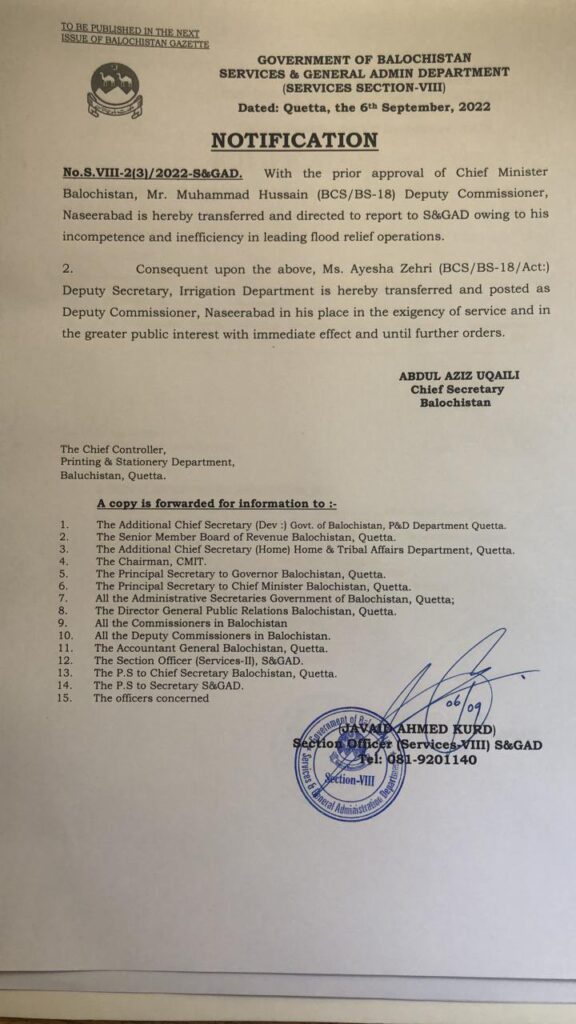
Who is Engr. Ayesha Zehri?
Engr. Ayesha Zehri is the first female engineer in the district of Naseerabad Balochistan, which is located in the southern region of Pakistan. Zehri has a degree in civil engineering from Queens University in Kingston, Ontario, Canada. She started her career in the field of civil engineering in Pakistan in 2001. She served as the deputy director of the Water and Sanitation Authority (WASA) in Naseerabad Balochistan. Zehri has played an important role in the development of the district, and has championed the cause of women’s rights. She has also worked to improve public infrastructure in the area, including hospitals, schools, and roads.
women in Civil services in balochistan.
There is no accurate data on the number of women working in the Civil Service in Balochistan, however according to the Pakistani government website, the percentage of women employed in the Civil Service in Pakistan is only around 13%. This is despite the fact that women make up around half of the population in Balochistan. There are a number of reasons why it is difficult for women to gain access to Civil Service positions in Balochistan. Firstly, there is a lack of opportunities available to women in the province and, as a result, a large number of women leave Balochistan to work in the Civil Service in other parts of Pakistan. This is particularly the case for women from rural areas, who have little opportunity to find work in Balochistan and are forced to move to the city in order to find employment. Another reason why it is difficult for women to enter the Civil Service in Balochistan is the fact that the exams that are required to gain entry to the Civil Service are extremely competitive. Only a small number of women are able to pass the exams, and even more are unable to gain entrance due to the fact that the education system in Balochsitan is weak compare to the rest of the country. This means that the percentage of women working in the Civil Service in Balochistan is still relatively low.

